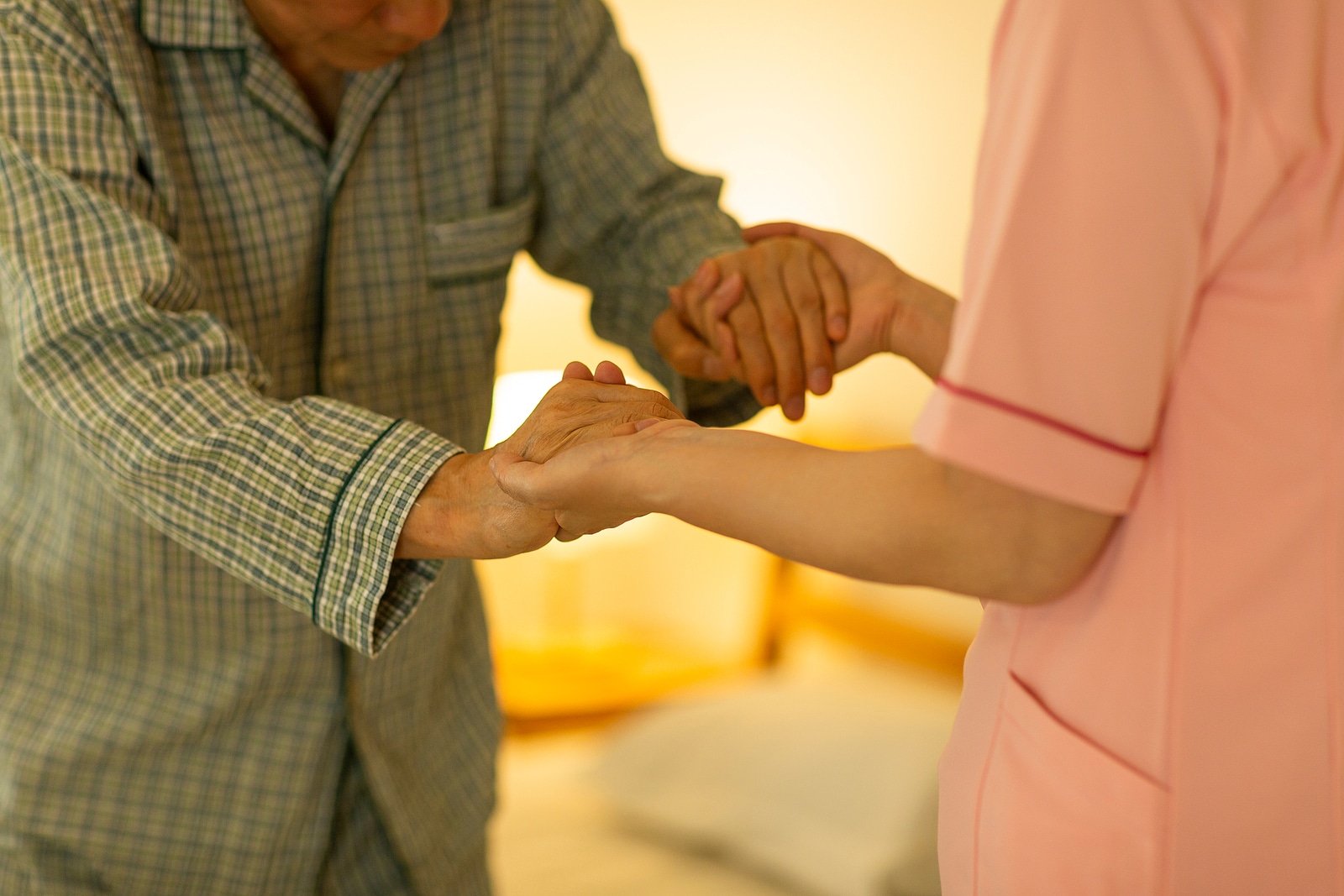What Types Of Overnight Home Care Services Are Available?

Amongst the many other reasons why home care services have become the primary way of ensuring that a person’s needs are met whilst maintaining their day-to-day independence, one of the biggest reasons is its flexibility.
A care needs assessment looks carefully at a person’s needs, what they can do and what they could benefit from additional help with, and can range from a weekly visit to check up and assist with anything they are struggling with to round-the-clock specialist care.
In some cases, care is required throughout the night as well as during the day, particularly as there is an increase in the risk of someone falling during the night compared with during the day and some medications need to be taken during the night.
This is where overnight care comes in, and it can take various forms depending on the package of care that is necessary or would offer the most comprehensive support.
Live-In Care
The most comprehensive option, a live-in carer provides round-the-clock support and lives in the home. This can be primarily a single carer with respite options or multiple people will provide support on predetermined days.
This helps provide continuity of care, and helps support people with complex needs or who may be at risk if left unsupervised for significant periods of time. Typically, live-in carers sleep in the home but will wake up at agreed times during the night or for emergencies to help support nighttime needs.
It can be offered as part of a supported housing arrangement or in a person’s home if there is space for a carer to live.
Sleep-In Care
A variation of live-in care, a sleep-in carer does not provide round-the-clock care and will sleep at the home of the person they are caring for, with accommodation space arranged as part of the care package.
They will be on-call to provide help whenever it is needed during the night. This can be particularly important for people who may require emergency assistance during the night, such as with medication or medical devices that must be provided during the night.
There is an overlap between sleep-in care and live-in care depending on the arrangements for the carer to ensure continuity of care.
Overnight Visits
Some people can live mostly independently during the day or have limited care needs but need more assistance during the night. This can be accommodated through overnight visits, where a carer begins their visit in the evening and leaves in the morning.
In some cases when there are specific times of the night when care is needed, staff can provide a short visit.
This is the most independent overnight care option and can be flexibly added to other parts of a care package, or be offered as part of temporary post-discharge care.
Waking Night Care
In some cases, active monitoring of a person during the night is essential to ensure that complex medical needs are treated or someone who needs frequent help can receive it.
This can involve repositioning, bathroom assistance or providing emotional support throughout the night to help manage symptoms such as sundowning.